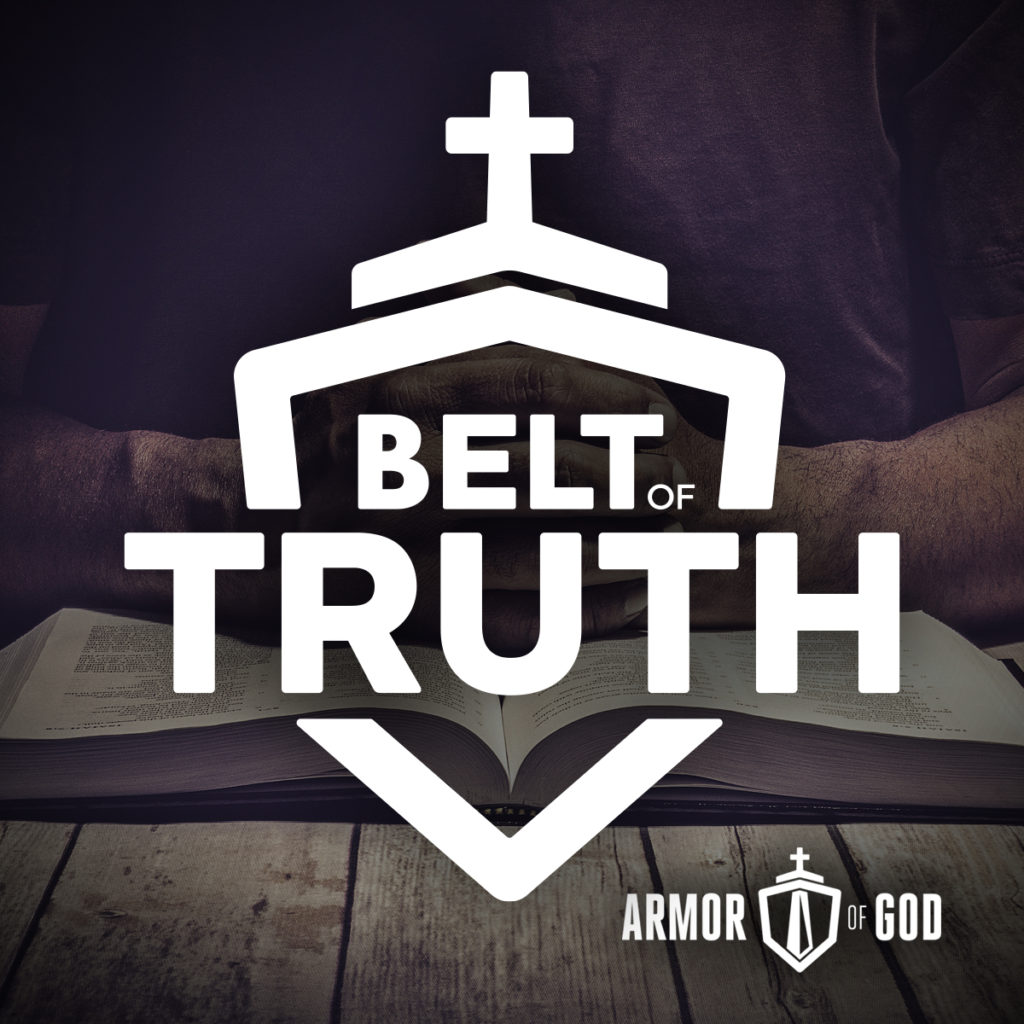
Now is the Time for the Pro-Life Community to Innovate
By Jason Shanks – President, OSV Institute for Catholic Innovation
After the Supreme Court victory overturning Roe v. Wade many in the pro-life community are asking, “What now?” In answering that question, I would like to propose another one… “What If?”
What if in the 1970’s there was a legitimate concern?
What if the problem was correct, but the applied solution very wrong?
What if the diagnosis was right, but the treatment plan evil? Sure, perhaps one could argue, those who advocated for abortion if they got the solution so horribly wrong, certainly couldn’t properly understand the problem, but what if, they did.
And what if the pro-life community did not even know there was issue, and never even looked at what the problem the other side was trying to solve. But instead, went right to criticizing the solution, and in doing so, sent an unintended message.
What if, in correctly advocating to save the babies’ lives, what the other side heard was a denial of the original issue they were trying to solve.
And what if, in fighting the legal and legislative battles, Roe v. Wade and following, it was first decided that the pro-life community never really proposed or put in place an alternative to the issue the pro-choice community was working to solve.
Sure, the pro-life community has come a long way to understand that many women don’t feel that they have a “choice” and that the ONLY option is abortion. And yes, the pro-life community has done well to move towards emphasizing abortion hurts both the baby and the mother. Women’s care centers are more prevalent not only providing ultrasounds, but also free prenatal care, resources, and supplies. Homes for pregnant mothers have sprung up, and yes, many have understood that we need to support and surround pregnant mothers. But what if, while a significant step forward, it is not getting to the core of the problem.
For years, we have looked at those advocating for abortion as those on the other side of a debate, but what if, at least when looking at the issues they are trying to solve – they have a point?
Recently, Charles Camosy in his article A Big Opportunity for the Pro-Life Movement, looks at areas and priorities of the Biden administration that the pro-life community should consider and support. It is worth a read. He calls for a Pro-Life 3.0 and argues,
“this is a new moment for the pro-life movement. A moment when, without budging an inch on equal protection of the law for prenatal children, we are more empowered than we have been in decades to also work to change the underlying social and economic structures that push so many vulnerable women and families to “choose” abortion that they don’t want to have.”
Perhaps you would disagree with more government-run social services and mandates, and that debate is fine, but then let’s step up as the Church and fund our parishes and dioceses and social service nonprofits to do more. Let me give you a quick example from one of last year’s OSV Challenge winners, FemCatholic, who recently released a study entitled What’s the State of Maternity Leave in the US Catholic Church? FemCatholic Investigates. I was shocked to learn that benefits for new moms and dads were grossly inadequate and far less than the “pro-choice,” secular companies and organizations. How could this be? How could a pro-family, pro-life institution offer less, and not be the standard bearer for what needs put in place? And why would presumably the pro-choice communities benefits be far more, especially if they are labeled as wanting abortion on demand. Something seems amiss. And I think that something might be in the “what if?”
The pro-life community is at a well earned, inflection point. Michael Fichter, in his book Viability 2.0 argues that the pro-life movement is now in a “tipping point decade” where the cultural views on this issue are still up for grabs and there is an opportunity for pro-lifers to not just win a supreme court ruling, but work to win the culture. Granted, legislatively there is much work to be done, especially in blue states where the federal overturning of Roe v. Wade means little change for the babies who need our voice and advocacy. And we will certainly be dealing with a rise in the abortion pill and strategic work-arounds by government and insurance providers funding the transportation to receive abortions across state lines. But, in general, for many states, a resetting will be happening. Abortion does not go away on judicial and legislative action alone, but requires a culture change.
So, it is time to think strategically, how do we innovate our pro-life approach and offerings? Perhaps pro-life work is now better served through the social service strategies and agencies of the Church? Perhaps we look at our own company policies and benefits and ask if this is reflective of a pro-life, pro-family organization? Perhaps we could listen with empathy to the struggles of women?
Now, after the overturning of Roe v. Wade, all eyes are on the pro-life world, and asking, what is your solution…will you deliver? And what if, as those eyes are now on us, instead of taking a victory lap, we have an alternative.

The Fight for Life Has Just Begun
Want to learn more about the new fight for the pro-life community? Listen to this episode of Belt of Truth from the Armor of God ministry located near OSV as Zach Rogers, Executive Director of Right to Life of Northeast Indiana, discusses the legal fight that now exists post Dobbs overturning Roe v. Wade and what the Christian community can learn about the struggles that remain.

Jason Shanks – President, OSV Institute for Catholic Innovation
Jason Shanks brings a wealth of background and experience to his role as President of OSV Institute for Catholic Innovation, overseeing the annual OSV Challenge and OSV Talks, both launched to ignite creativity and entrepreneurship in the Catholic Church. His vision for renewal through innovation is unparalleled and stems from his conviction that the Church is evergreen from generation to generation and must be re-presented fresh and anew to today’s modern world. Prior to his role at OSV, Jason served as Chief Executive Officer of Catholic Charities of Southeast Michigan and was recognized by Crain’s Detroit Business with their 40 Under 40 Award in 2014. In addition, Jason served as Secretariat Leader of Evangelization and Parish for the Diocese of Toledo and was the founder of Catholic Youth Summer Camp. Prior to this, he spent eight years as the Business and Pastoral Leader for a local parish.
Jason holds a BA in education from Miami University of Ohio, and MA in Theology from the Pontifical College Josephinum with an emphasis in the New Evangelization, and an MA in nonprofit administration from Mendoza College of Business of the University of Notre Dame. He also holds a certificate in Fundraising Management from the Indiana University Lilly Family School of Philanthropy.
Along with his role as President of OSV Institute, Jason also currently serves the U.S Conference of Catholic Bishops as a consultant on the Committee of Religious Liberty, a member of the Executive Committee and co-chair of the Stewardship & Development Committee for the Eucharistic Revival, and a member of the board for Catholic Charities Fort Wayne-South Bend.
Jason resides in Northern Indiana with his wife, Melissa, and their five children.



